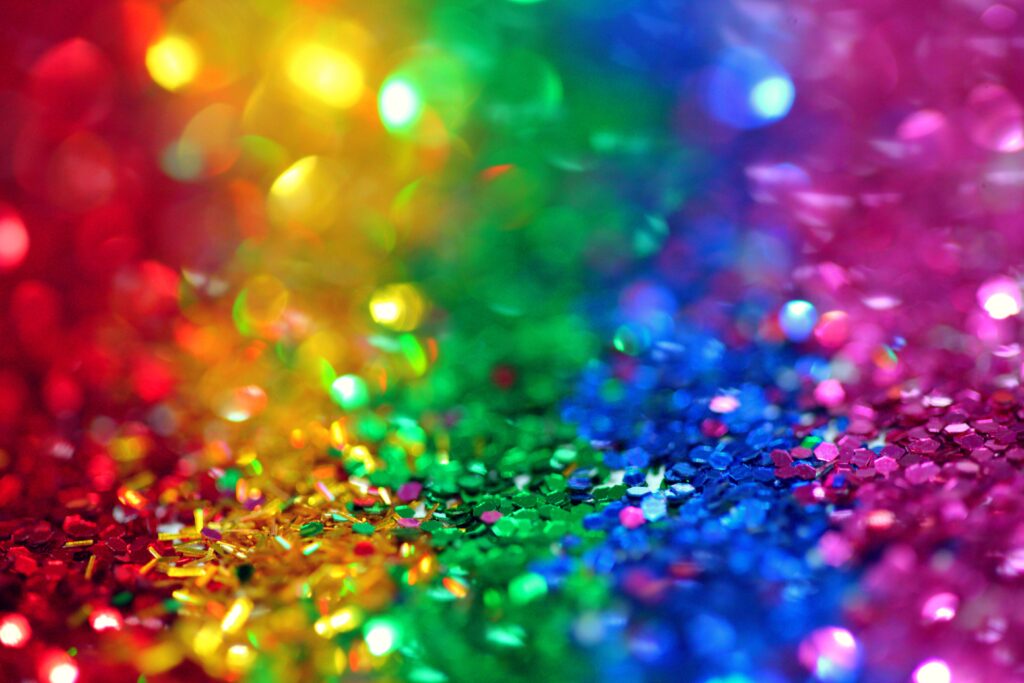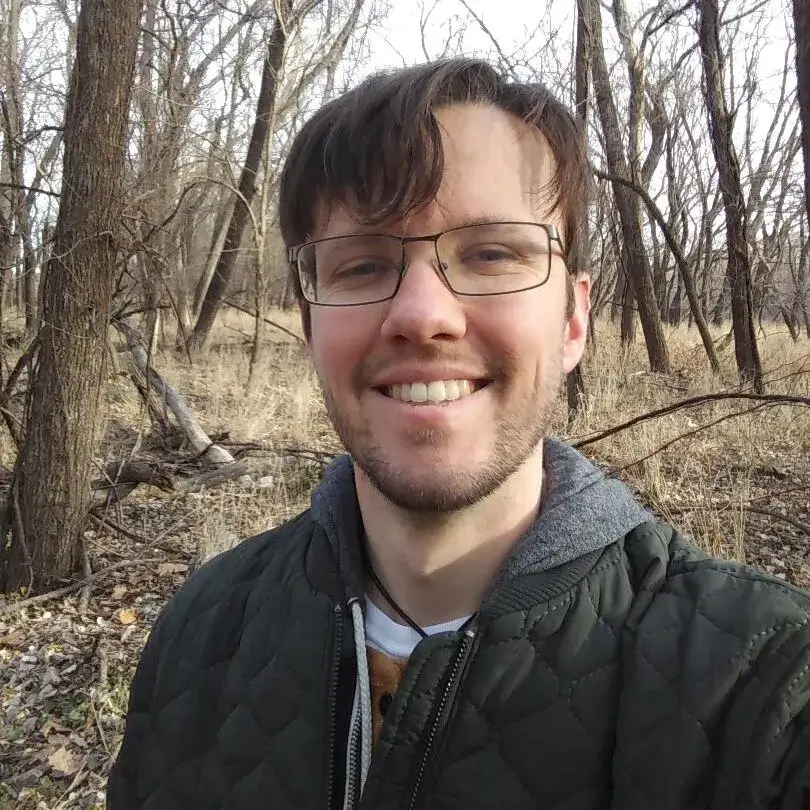"Inclusive" Ash Wednesday at Fort Hays State University is cringe AF

Libs of TikTok recently posted to X a tweet regarding a daily announcement from Fort Hays State University (FHSU) in Hays, Kansas.
Yes this is real. @FortHaysState turned Ash Wednesday into an LGBTQ event celebrating queerness with glitter and ash.
— Libs of TikTok (@libsoftiktok) February 14, 2024
This was one student’s reaction: pic.twitter.com/ZZGxXlBcGT
According to reporting from Hays Post, FHSU allowed students and members of the community to take part in an event for Ash Wednesday at the university’s Memorial Union where they could choose either the “traditional ashes” or ashes that were mixed with biodegradable glitter. The reporting goes onto state that “organizers billed the event as a means to foster inclusion of the LGBTQ+ community.”
Sponsoring the event was FHSU group US4U who has put on the event five times since 2017. US4U describes themselves as “an inclusive, faith-based, student organization focused on providing service.”
US4U advisor Cheryl Duffy has gone on record stating that “there is a tradition of exclusion” surrounding Ash Wednesday. She further claimed that “we don’t feel it really reflects what Jesus was about. Jesus was about love and inclusion, and we want to open up that tradition to everyone.”
Information cards by US4U were given out at the event which stated:
“Glitter is a sign of hope, which does not despair. It signals our promise to repent, to show up, to witness, to work. Glitter never gives up — and neither do we. Glitter+Ash captures the relationship between death and new life.”
The group’s president Jaelyn Sutter stated that anyone of any orientation can be religious, but often times LGBT people feel left out.
“It is important to make sure they feel safe and they have an opportunity like everyone else,” she said.
As someone who is openly gay, I can understand feeling unwanted in certain religious circles which has made me uninterested in participating at many churches. However, I am not personally interested in a church making things sparkly and rainbow colored just because I’m gay. That is weird. I don’t need special treatment because I am LGBT, and in fact, that would make me leave a church. My sexuality should not be a forefront thought at any church. God should be the only thing that gets focused on. Whether a church is showing hatred toward me for being gay, or a church is doing something like this, they are preoccupying themselves with what I do in the privacy of my own home rather than preoccupying themselves with honoring God, which is the only reason I would ever go to a church or any religious event.
I understand wanting to make people feel comfortable, but the hard truth is that if a person can’t feel safe without getting special treatment, then that’s on them and not something that everyone else should be forced to adjust to.
I am over all the woke BS that has infiltrated the churches because when people start putting race, sex, and sexuality on a pedestal, there no longer is room for God. This also creates unnecessary friction between communities that could otherwise, at the very least, coexist.
There really wasn’t a reason for LGBT people to feel excluded from this event as the pastors seemed to be okay with LGBT people enough to partake in the event. As long as no one spoke about how being gay is wrong or something along those lines, I would have felt welcomed, even without the glitter.
The idea that glitter is a “sign of hope” and “signals our promise to repent, to show up, to witness, to work” is also just utterly bizarre to me. The only thing I’ve ever considered glitter being is a mess that will never be fully cleaned up. Like, what are we even talking about?
To me, this isn’t inclusive, it’s just cringey virtue signaling.
Thanks for reading. Be sure to share and subscribe. You can also help support independent journalism in Kansas by buying me a coffee at buymeacoffee.com/kscon.

Ian Brannan
Ian Brannan is an independent journalist who founded The Kansas Constitutional in April 2022. His work focuses on issues including abortion, Convention of States, drug policy, education, government, LGBT issues, media, and more.
